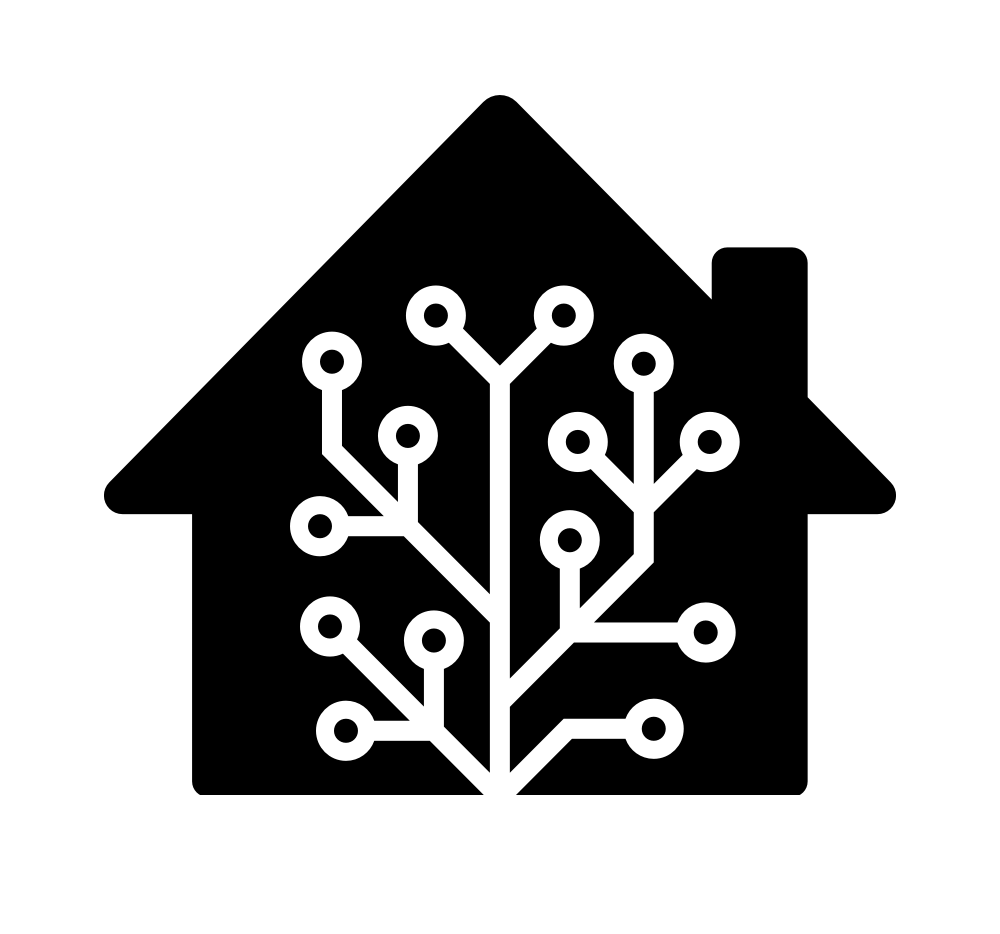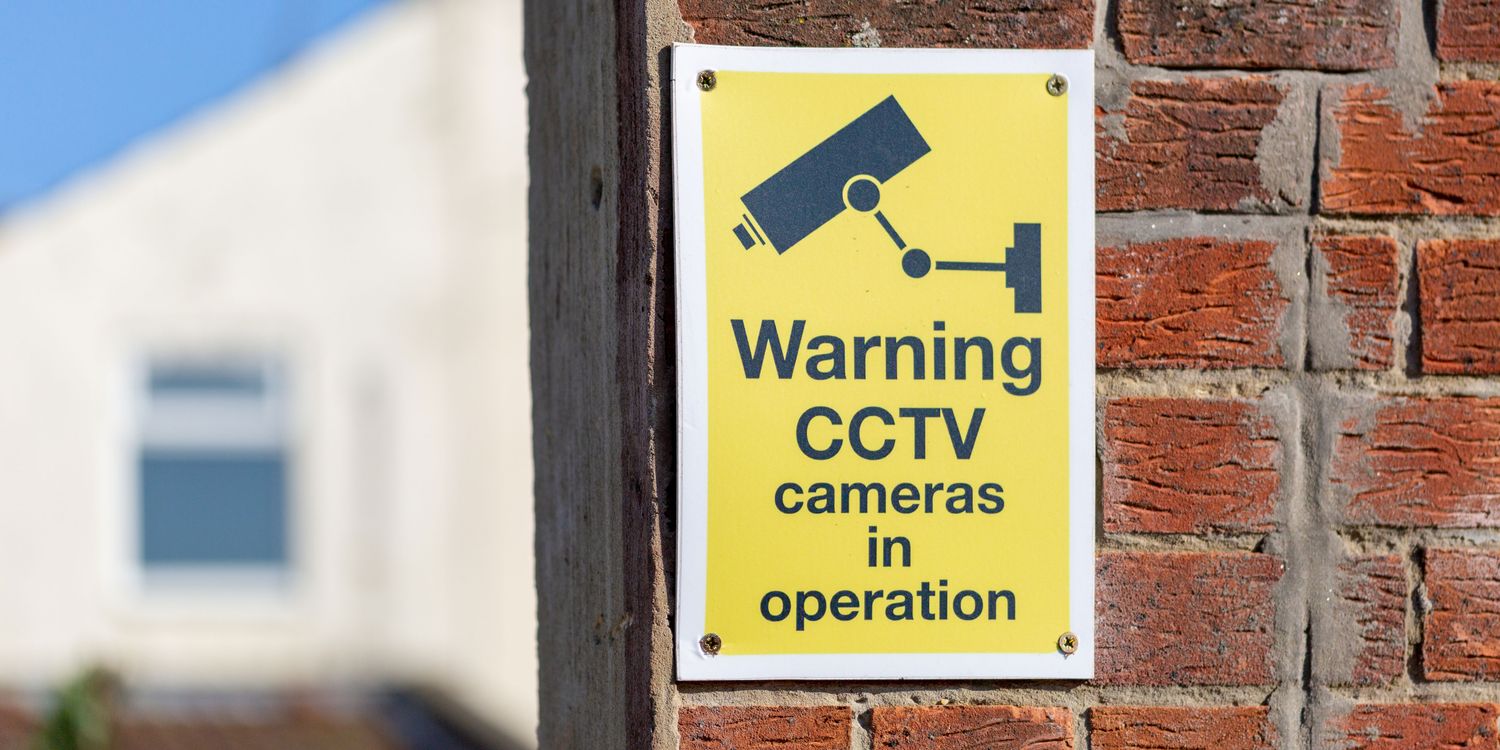Under data protection laws there is a responsibility to take precautions when processing the personal data of other living individuals, including when using video and audio recording devices.
These rules do not apply if your security camera or doorbell films solely within the boundaries of your private property.
If you have a camera that just points at your private driveway, for example, or covers solely your back garden, then you do not need to worry as you won’t be capturing any other private individuals (although, it is worth considering invited visitors and guests when using these devices).
If the camera records outside that boundary, such as the street or neighbouring homes or gardens, then you do have responsibilities under the General Data Protection Regulations (GDPR). This is because you could be capturing audio and video containing other people’s private data.



I’ve had to consider this when setting up my CCTV. For now, it only covers my own property, though I did look briefly into the legalities. This article sums it up well: Don’t keep stuff for an unreasonable amount of time, and if somebody asks for video of themselves to be deleted be ready to comply. You also have to be prepared to deal with the police asking for copies of things.
Discussing things with your neighbours should be 100% the first thing too. “This is my X, it covers Y, and it is stored at Z for this many days. You can request footage from me if required, blablabla”. Before the cameras go up!
It’s also a good courtesy to make visitors aware of any indoor cameras you have. Most people will be fine. Imho, especially for tradesmen: Letting them know, and giving them the option for you to turn it off is important. Otherwise they might expect you to be one of those people timing tea breaks.
Setting privacy and activation zones is also important. This can go a long way to reassuring people you’re not just a curtain twitcher on steroids.